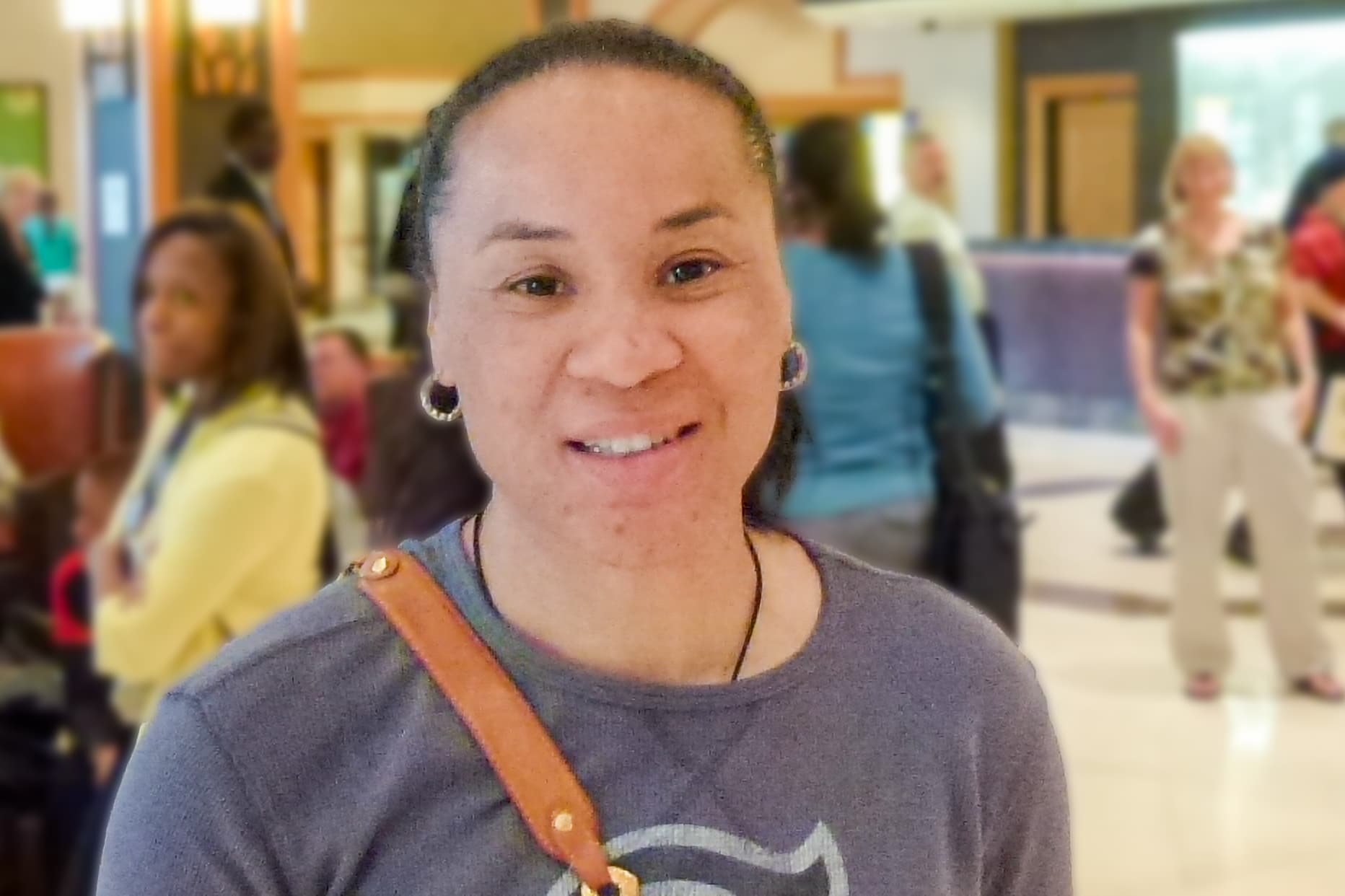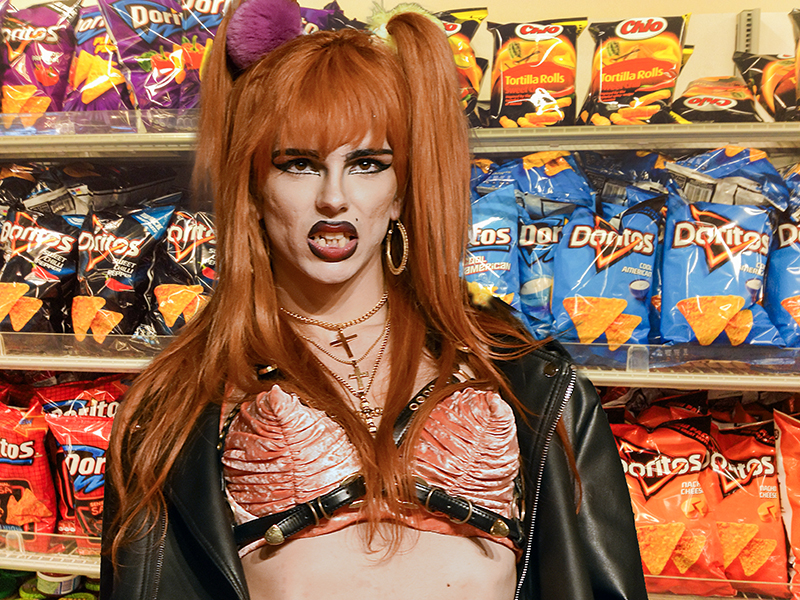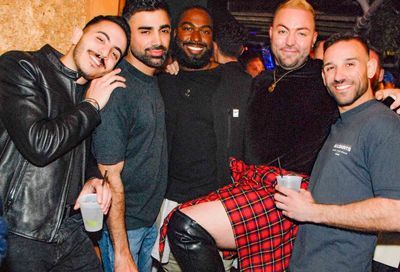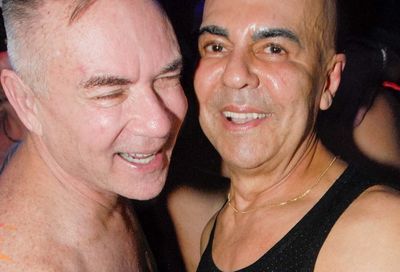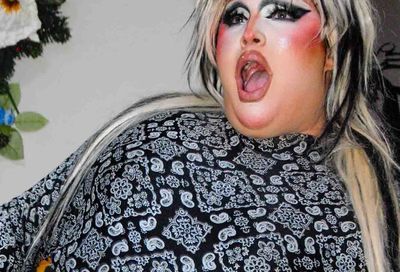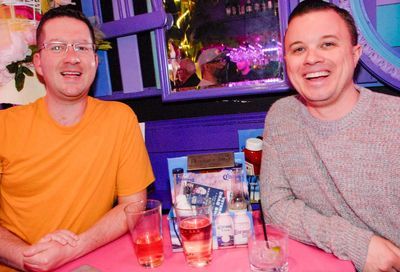Revisiting Violence
Attacks prompt activists to renew calls for better policing
At year’s end, the local LGBT community is recovering from a year of violent attacks directed at LGBT individuals, particularly transgender women of color.
Beginning with the July 20 murder of 23-year-old transgender woman Lashai Mclean in the District’s East Corner, the violent attacks – some robberies, some assaults – continued throughout the summer.
Two days after Mclean’s murder, another transgender woman was approached by a man, who threatened and then fired a gun at her.
On Aug. 20, four transgender females were threatened and shot at by four suspects who yelled homophobic epithets at them in the city’s Mount Vernon neighborhood. A week later, off-duty MPD Officer Kenneth Furr had an altercation with a group of five people, at least two of whom were transgender women. Furr allegedly shot at the group as they sat in a car, injuring at least three people, one seriously.
August contained even another attack, when two brothers allegedly sexually harassed a group of women in Columbia Heights. When one of the women told the men they were not interested because they were lesbians, the men attacked them. Police who initially responded to the crime scene allegedly did not take an incident report, prompting calls for Metropolitan Police Department Chief Cathy Lanier to institute harsher penalties for officers who don’t comply with the District’s human rights law.
There was no relief in September. The morning of Sept. 10, 35-year-old Gaurav Gopalan, known to some as ”Gigi,” was found dead on a Columbia Heights sidewalk, the cause of death later ruled ”blunt force trauma” and classified as a homicide. Gima Brown, a transgender woman, survived being shot in the neck Sept. 12.
Many of the other 2011 cases involving transgender individuals – of which there are many more – are still under investigation, as is the Gopalan homicide, prompting LGBT activists to demand this year that the MPD and the U.S. Attorney’s Office for the District of Columbia investigate and pursue the prosecution of bias crimes to the fullest extent possible.
In response to community concerns, MPD officials held a series of town hall-style meetings and participated in a number of forums for feedback from the LGBT community, through frustrations were not erased.
Those frustrations led members of various groups such as Get Equal DC, the DC Trans Coalition, Transgender Health Empowerment and the Gay and Lesbian Activists Alliance to picket MPD headquarters and the U.S. Attorney’s Office near the end of the year, Nov. 17. That action was followed by an attempt to lobby members of City Council overseeing MPD. Activists made a late-2011 push for more MPD oversight and elimination of ”prostitution-free zones,” which activists say lead to profiling of transgender individuals.
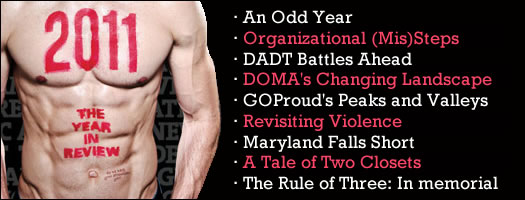
Support Metro Weekly’s Journalism
These are challenging times for news organizations. And yet it’s crucial we stay active and provide vital resources and information to both our local readers and the world. So won’t you please take a moment and consider supporting Metro Weekly with a membership? For as little as $5 a month, you can help ensure Metro Weekly magazine and MetroWeekly.com remain free, viable resources as we provide the best, most diverse, culturally-resonant LGBTQ coverage in both the D.C. region and around the world. Memberships come with exclusive perks and discounts, your own personal digital delivery of each week’s magazine (and an archive), access to our Member's Lounge when it launches this fall, and exclusive members-only items like Metro Weekly Membership Mugs and Tote Bags! Check out all our membership levels here and please join us today!


